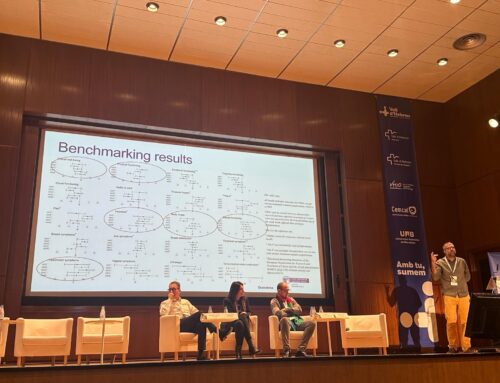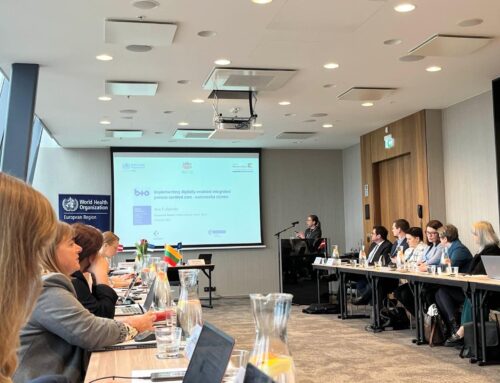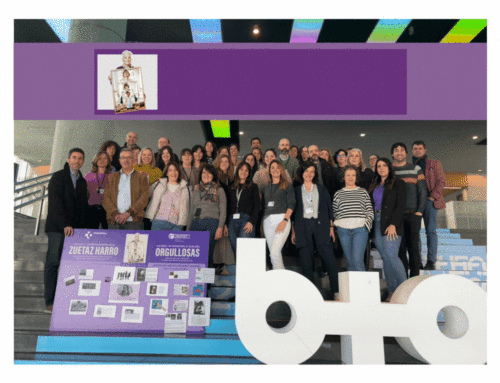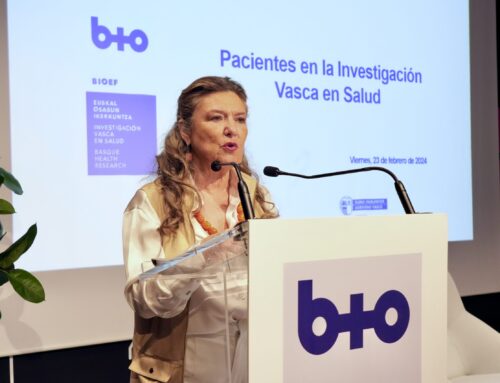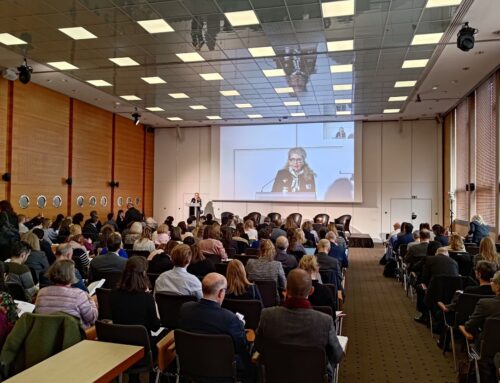On 2nd and 3rd October, Barcelona has been the venue selected to host the new follow-up meeting for this European project.
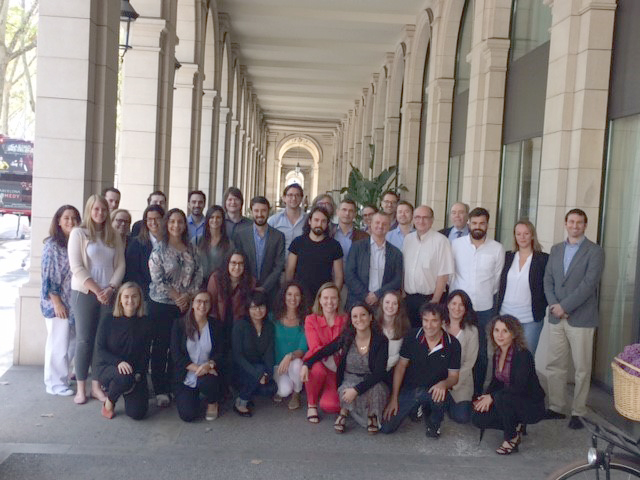
The ACT@Scale European project began in 2016 and is reaching its conclusion, which is scheduled for February 2019. The consortium, made up of 13 European partners using a collaborative methodology, has worked on the detection and analysis of areas of improvement, and the implementation of specific actions to facilitate scaling-up good practices for Integrated Care and Telemonitoring. Its ultimate aim is to reduce mortality and improve the quality of life of those affected by chronic diseases.
The Basque Country is represented in this project by Kronikgune and Osakidetza. Work is currently in progress at local level to enhance two corporate programmes implemented by the Osakidetza: the integrated care pathway for multimorbid patients and the telemonitoring service for patients with heart failure. Multidisciplinary teams made up of managers and health professionals from all the Integrated Healthcare Organisations (IHOs), Gorliz Hospital, Santa Marina Hospital and Osakidetza Health Council and Central Services have been involved in this work for months. Thanks to a collaborative methodology based on continuous improvement cycles, also known as PDSA (Plan, Do, Study, Act), both programmes are gradually reaching all organisations within Osakidetza.
The programmes are reaching the end of the second improvement cycle. In this sixth and last meeting held in Barcelona, advances achieved to date in the pilot regions (Catalonia, Groningen, Scotland, South Denmark, Kinzigtal in Germany, and the Basque Country) were shared. The regions talked about their experience in implementing and scaling-up the programmes. In addition, matters related to methodology, outcomes and data exploitation, and the drafting of final reports to showcase the achievements and learning gained through the project were discussed.
Kronikgune and Osakidetza presented the work undertaken in the Basque Country and Catalonia regarding service selection. The aim of this work is to achieve the correct distribution of healthcare resources and address the changing needs of patients and the population at large. In order to assess if this target was achieved, Kronikgune will analyse the impact of actions implemented in terms of: patients’ stratification according to their characteristics; service adaptation based on needs; realisation of personalised care plans; and professional staff’s involvement, in both regions.
Furthermore, during the meeting, Kronikgune obtained feedback from the European partners regarding the project management and progress since its inception. In general terms the outcomes were positive.
For further information about the project, visit the official website or click here.

